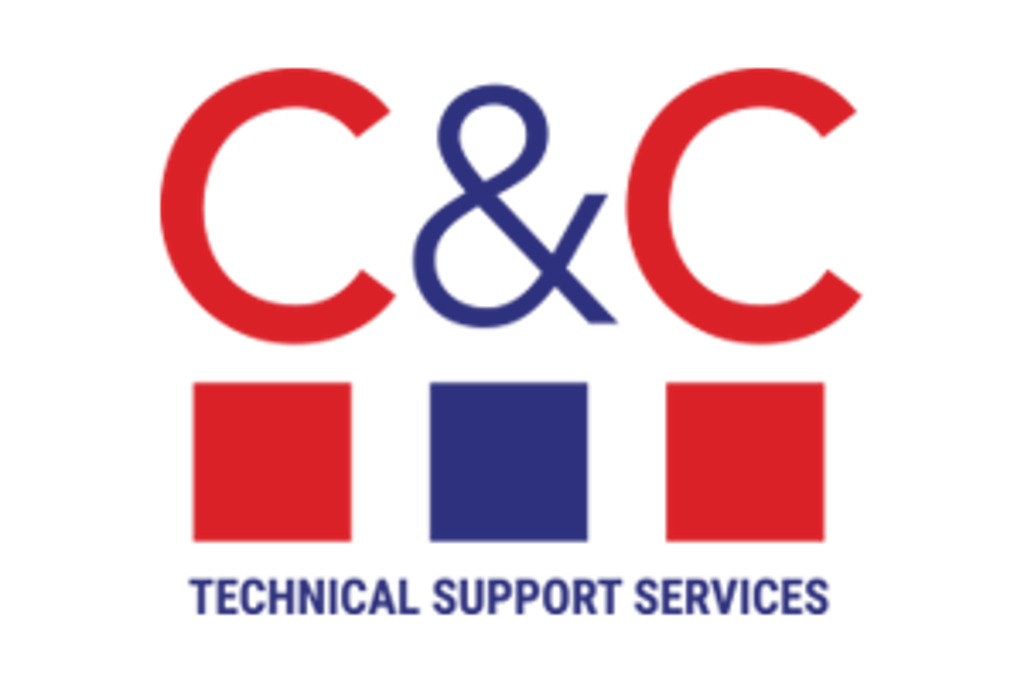
This 4 day course is not simply a watered down version of the FS Engineer course. It has been specifically designed to cater for the needs of Technicians by Engineers who have had significant technician experience in their own career development. The FS Technician (TÜV Rheinland) certificate course is run in accordance with the TÜV Rheinland Functional Safety Training Program and comprises three days of classroom tuition and practical guidance, for understanding and mastering lifecycle phases for installation, commissioning, testing, maintenance and change control of safety instrumented systems, in accordance with the requirements of IEC 61511. There is a 2 part proficiency assessment on the fourth day. Practical exercises will performed throughout the course which will be based on real life examples.
Successful participants, who must also have a minimum of 2 years functional safety experience, will achieve the prestigious FS Technician (TÜV Rheinland) certificate. All FS Technicians of the TÜV Rheinland Functional Safety Training Program are also listed on the TÜV Rheinland Certipedia Database: www.certipedia.com.
Target Group
Technicians involved in the installation, development and/or maintenance support of electrical, electronic and programmable electronic Safety Instrumented Systems (E/E/PES) for process plant applications
Course Objectives
The objectives of this course are to provide participants with a basic understanding of hazards and risk and how safety instrumented systems are used to protect against hazards. The main lifecycle focus will be on the principles of installation commissioning and maintenance, techniques. Guidance will be given on achieving good practice testing and maintenance of the most common types of SIS subsystems. They will learn how testing and maintenance should be recorded to enable better reliability analysis of hardware components used in SIS subsystems, and how an optimised testing and maintenance regime improves plant safety and availability.
Throughout the course, emphasis will be placed on experience and realistic practical exercises, and case studies will be used to compliment the instruction.
Successful participants, who also have sufficient experience as a Technician working in the area of Functional Safety and SIS, will be awarded the prestigious FS Technician (TÜV Rheinland) certificate.
Agenda
Exam
On day four
A three (3) hour two part proficiency assessment comprising:
- Part 1 = 60 multiple choice questions (1 mark each question);
- Part 2 = 8 multiple part questions (35marks each question).
The pass score criterion is 75%.
Requirements
In accordance with the TÜV Rheinland Functional Safety Training Program:
- A minimum of 2 years of experience in the field of functional safety related to installation, commissioning, testing and maintenance of safety instrumented systems.
- University degree, National Certificate or Diploma in a relevant technical discipline, or experience and responsibilities as certified by employer or an engineering institution.
Information
Course Duration is four (4) days.
The course will provide three days of classroom tuition and practical guidance for understanding and mastering the application, principles and requirements of IEC 61511 for installation, commissioning, testing and maintenance of SIS.
Practical exercises will be performed throughout the course which will be based on real life examples.
There is a three hour two-part proficiency assessment on the fourth day.
All training will be undertaken by a FS Expert (TÜV Rheinland) for the application area of Safety Instrumented Systems (SIS) who has been approved by TÜV Rheinland to provide their training program.
Training manuals containing all the presented material and exercise examples will be provided for each student.

